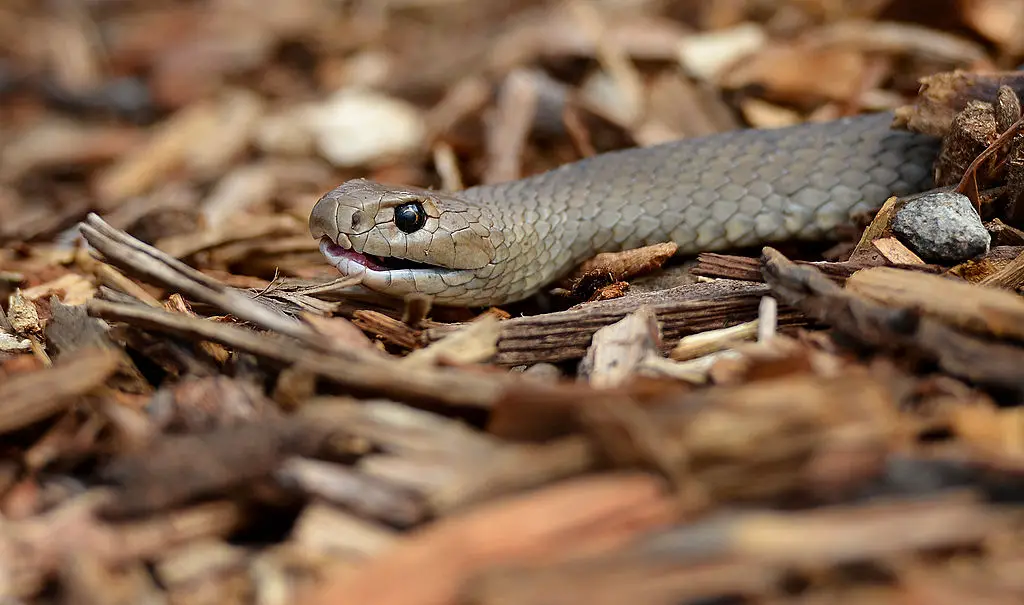How Come New Zealand Does Not Have Any Snakes?
New Zealand is renowned for its breathtaking natural beauty and rich biodiversity. Despite being home to numerous unique and fascinating species, one of the most notable things about New Zealand is what it doesn’t have: snakes. Unlike many other parts of the world, New Zealand is completely snake-free. This may seem like a trivial fact, but it has some significant implications for the country’s ecosystems and history. In this article, we will explore why New Zealand does not have any snakes.
To understand why there are no snakes in New Zealand, it’s important to understand how snakes got to other parts of the world in the first place. Most snakes evolved in warm climates, such as those found in the tropics and subtropics. As they spread out from their original habitats, they faced numerous challenges, including harsh environments and fierce competition from other animals. However, over time, many snake species developed adaptations that allowed them to thrive in a wide range of habitats, including deserts, forests, and grasslands.

Snakes are highly mobile creatures and can travel long distances by land, water, or air. They can swim, climb trees, and burrow underground, allowing them to colonize new areas and expand their range. This adaptability has enabled snakes to become one of the most successful groups of reptiles, with over 3,000 species found worldwide.
Despite their impressive abilities, snakes have not been able to establish themselves in New Zealand. So, how come New Zealand does not have any snakes? The answer lies in the country’s unique geography and evolutionary history.
New Zealand is a group of islands located in the southwestern Pacific Ocean. The islands were formed by volcanic activity and are relatively young in geological terms, with the oldest rocks dating back only 500 million years. This means that New Zealand has not had the same long-term stability as many other parts of the world. Instead, it has been subject to frequent geological upheavals, including earthquakes, volcanic eruptions, and tectonic shifts. These events have created a dynamic and ever-changing landscape, with mountains, forests, and rivers constantly shifting and evolving.
The other factor that has contributed to New Zealand’s lack of snakes is its isolation. Unlike other islands, such as Australia or Hawaii, which are relatively close to other landmasses, New Zealand is far from any other significant landmass. This means that it has been cut off from the rest of the world for millions of years, making it difficult for animals to colonize the islands.
Even though snakes are highly adaptable creatures, they require a suitable habitat to survive. This includes access to food, water, and shelter, as well as a suitable climate. New Zealand’s isolation and unique geology have created a challenging environment for snakes, with few of the habitats and resources they require to thrive.
Another factor that has contributed to New Zealand’s lack of snakes is the absence of mammalian predators. Many of the snakes found in other parts of the world evolved in response to predation pressure from mammals, such as rodents and primates. In the absence of such predators, snakes may not have evolved the adaptations necessary to survive in New Zealand’s unique environment.
So, how come New Zealand does not have any snakes? The answer is a combination of factors, including the country’s unique geography, isolation, and evolutionary history. These factors have created a challenging environment for snakes, with few of the habitats and resources they require to thrive. The absence of mammalian predators may also have played a role in preventing snakes from colonizing the islands.
Despite the lack of snakes, New Zealand is home to numerous other fascinating and unique species, including birds, insects, and reptiles. Many of these species have evolved in isolation and have adapted to the country’s unique environment without the competition and predation pressure from snakes. This has led to the evolution of some truly remarkable creatures, such as the flightless kiwi bird and the tuatara lizard, which is often referred to as a living fossil due to its ancient lineage.
The absence of snakes in New Zealand has had both positive and negative effects on the country’s ecosystems. On the one hand, it has allowed many other species to thrive without the threat of predation from snakes. On the other hand, it has led to the proliferation of introduced mammalian predators, such as rats, stoats, and possums, which have had a devastating impact on native species.
Despite the challenges posed by introduced predators, New Zealand has made significant efforts to protect and restore its unique ecosystems. The country has implemented a range of conservation measures, including predator control programs, habitat restoration, and the establishment of national parks and reserves. These efforts have helped to protect many of New Zealand’s native species, including those that have evolved in the absence of snakes.

In conclusion, New Zealand’s lack of snakes is due to a combination of factors, including the country’s unique geography, isolation, and evolutionary history. These factors have created a challenging environment for snakes, with few of the habitats and resources they require to thrive. While the absence of snakes has had both positive and negative effects on the country’s ecosystems, it has allowed many other species to evolve and thrive in isolation. New Zealand’s efforts to protect and restore its unique ecosystems are crucial for ensuring that these species continue to survive and thrive for generations to come.





